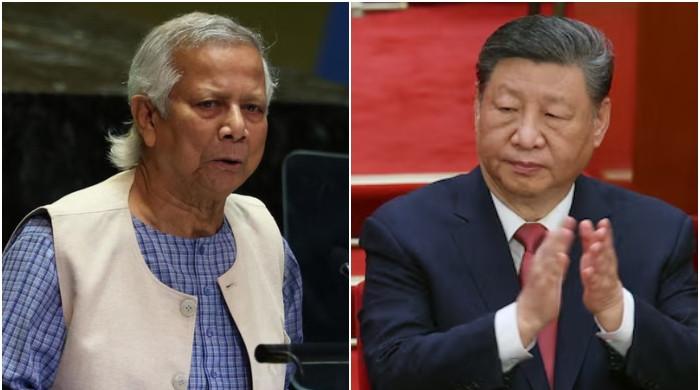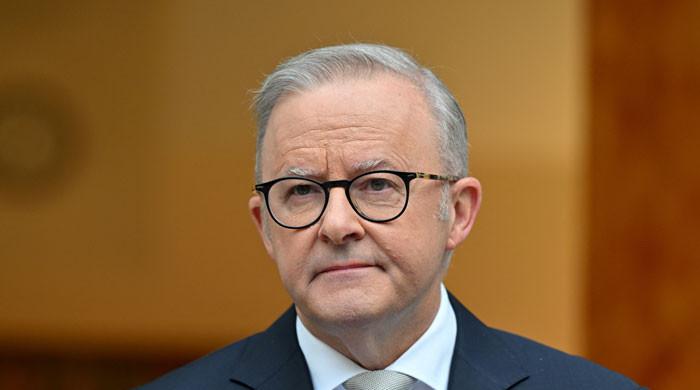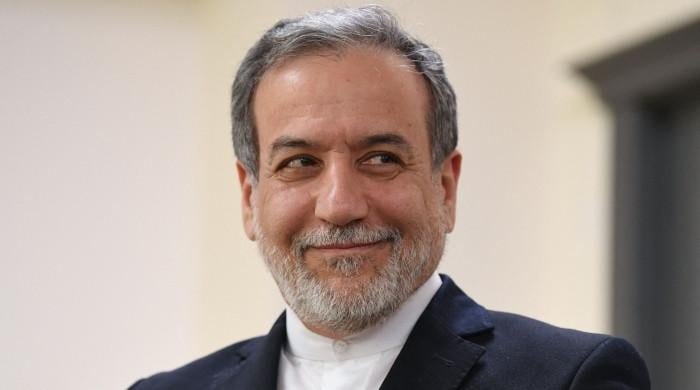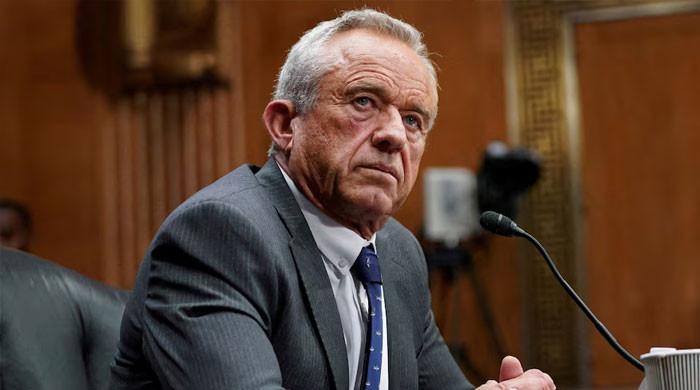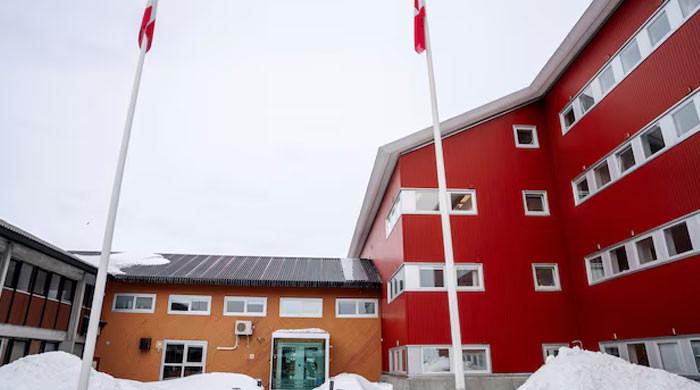Coronavirus vaccine is a right, not privilege: European Parliament
European Parliament backs patent waiver for COVID-19 vaccines, says it is 'necessary'
June 11, 2021
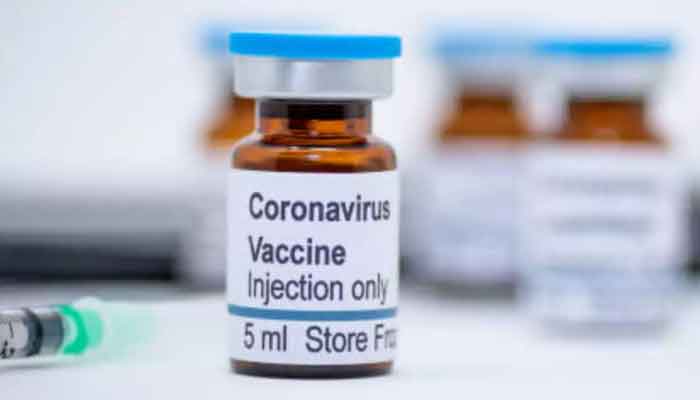
- European Commission and European Parliament differ on issue of patenting the COVID-19 vaccine.
- European lawmakers back patent waiver, saying it will enhance global access to affordable COVID-19 vaccines.
- Millions of lives are at stake and your inaction is killing people, says left-wing French lawmaker Manon Aubry.
STRASBOURG: The European Commission and European Parliament have differed on the issue of patenting the COVID-19 vaccine. European lawmakers passed on Thursday a resolution, with a majority, lifting the patent on the coronavirus vaccine.
The European Commission's position is that the global patenting system does not allow this, while members of the European Parliament say that in the exceptional case of COVID-19, the removal of the patent is necessary.
"Today, yet again, we are discussing the waiving of patents on vaccines. This should have been clear right from the start,” said left-wing French MEP Manon Aubry.
Read more: Big Pharma says vaccine patent waiver sets dangerous precedent
“Millions of lives are at stake and your inaction is killing people," Aubry said.
She said the patent waiver will enhance global access to affordable COVID-19 vaccines, voluntary licensing and the transfer of know-how and technology, which is key to ramping up global production in the long-term.
The MEP called on the US and UK to abolish the export ban on vaccines and raw materials.
To accelerate the global vaccine rollout, the MEPs demanded the temporary lifting of intellectual property rights protection for COVID-19 vaccines.
In a resolution adopted with 355 votes in favour, 263 against and 71 abstentions, the European Parliament proposed negotiations start for a temporary waiver of the WTO Trade-Related Aspects of Intellectual Property Rights (Trips) Agreement on patents to improve global access to affordable COVID-19-related medical products and to address global production constraints and supply shortages.
Read more: Coronavirus vaccines have helped nine people become billionaires: campaign group
The lawmakers pointed out the threat that an indefinite Trips Agreement waiver would pose to research finance, in particular for researchers, investors, developers and clinical trials.
Voluntary licencing (when the developer of the vaccine decides to whom and under what conditions the patent can be licensed to enable manufacturing) and know-how and technology transfer to countries with vaccine-producing industries are the most important ways to scale and speed up global production in the long term, the lawmakers argued.
To address production bottlenecks, the lawmakers called on the EU “to rapidly eliminate export barriers and to replace its own export authorisation mechanism with export transparency requirements”.
The US and the UK, for their part, should “immediately abolish their export ban on vaccines and raw materials”, they said.
The lawmakers said 11 billion doses are needed to immunise 70% of the world’s population and only a fraction of that amount has been produced.
Vaccine production in Africa
As the vast majority of the 1.6 billion vaccine doses administered to date have gone to vaccine-producing industrialised countries and only 0.3% to the 29 poorest countries, the EU needs to support manufacturing in Africa, the Parliament emphasised.
Read more: Pfizer, BioNTech make huge pledge at G20 summit to address COVID vaccine inequality
Another important vehicle to provide vaccines to low income economies is the global vaccine distribution mechanism of COVAX, to which the European Parliament encouraged contributions.
Transparency for next generation vaccines
Finally, the MEPs demanded the full disclosure of future advance purchase agreements, particularly for next generation vaccines, and that those contracts include transparency requirements for suppliers.




